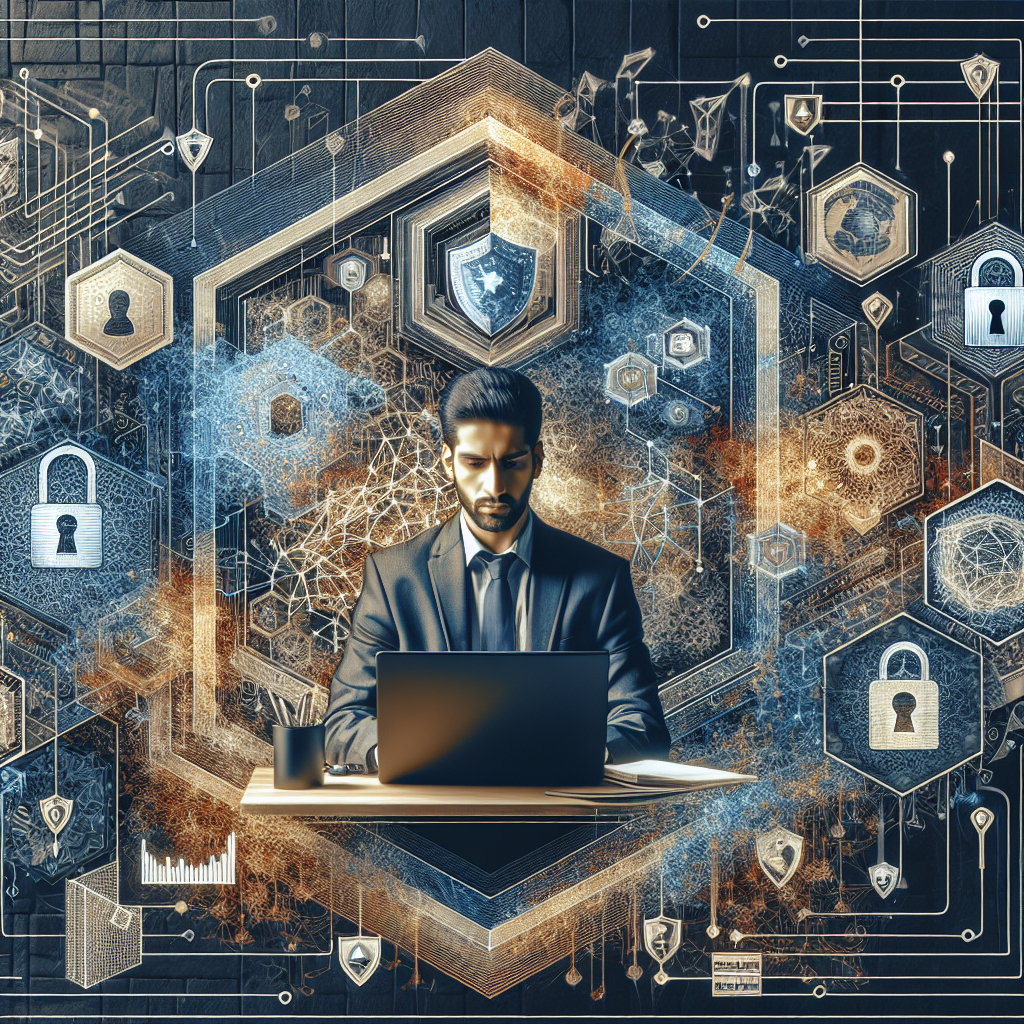Cybersecurity Best Practices for Remote Workers
As remote work becomes more common, it’s important for employees to prioritize cybersecurity to protect themselves and their company’s sensitive information. Here are some best practices for remote workers to follow to ensure they are staying safe online.
Use a secure internet connection: When working remotely, it’s important to use a secure internet connection to prevent unauthorized access to your data. Avoid using public Wi-Fi networks, as they are often unsecured and can be easily hacked. Instead, use a virtual private network (VPN) to encrypt your internet connection and keep your data safe.
Keep your devices up to date: Make sure your devices, including your computer, phone, and tablet, are always running the latest software updates. These updates often include security patches that can protect your devices from the latest cyber threats. Set your devices to automatically update so you don’t have to worry about remembering to do it manually.
Use strong, unique passwords: Use strong, complex passwords for all of your online accounts and make sure they are unique to each account. Avoid using easily guessable passwords, such as “password123” or “123456,” and consider using a password manager to securely store and manage your passwords.
Be cautious of phishing scams: Phishing scams are a common tactic used by cybercriminals to trick people into giving up their personal information. Be cautious of emails, text messages, and phone calls that ask for sensitive information or request you to click on a link. If you’re unsure about the legitimacy of a message, contact the sender directly to verify its authenticity.
Secure your home office: Make sure your home office is secure by locking your doors and windows when you’re not there and investing in a security system if necessary. Keep sensitive documents and devices locked up when not in use and avoid leaving them out in the open where they can be easily accessed.
Backup your data regularly: Regularly backup your data to an external hard drive or cloud storage service to protect it from loss in case of a cyber attack or device failure. Set up automatic backups so you don’t have to remember to do it manually and test your backups regularly to ensure they are working properly.
By following these cybersecurity best practices, remote workers can help protect themselves and their company’s sensitive information from cyber threats. Stay vigilant and proactive in your approach to cybersecurity to ensure you stay safe online while working remotely.


